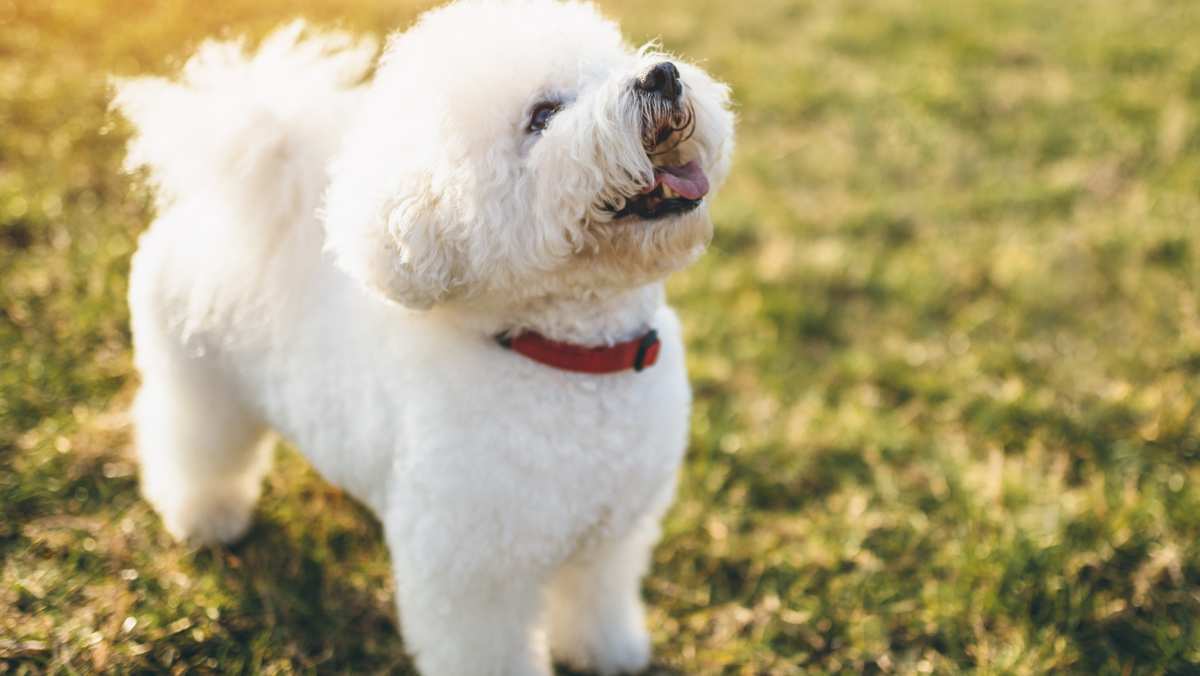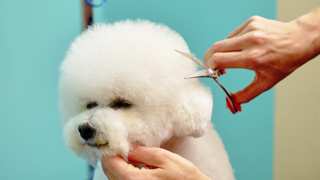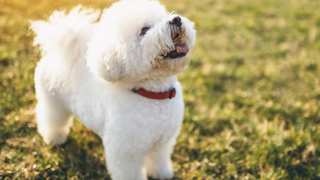Hailing from the Mediterranean and more than 2,000 years old, this breed was known by many different names. The origin of the Bichon Frise was the Water Spaniel, better known as the Barbet. (The Barbet was also an ancestral breed to the Poodle and the Maltese.) Originally called a Barbichon, the breed's name was eventually contracted to just Bichon. It was not several centuries later, in the 1930s, that the "Frise" was added.
Spanish sailors carried them on their ships, often to the Canary Islands and in particular to the island of Tenerife. This prompted one of the many name changes: Bichon Tenerife. It was from the Tenerife that the modern Bichon Frise came. By the 14th century, the Bichons were also popular in Italy. Italian sailors took them abroad and traded them to others. During the following century, they were imported by French sailors. They were a hit among the royalty. From the 15th until the mid-19th centuries, Bichons were frequently featured in paintings. A couple of the more famous painters of these dogs were Titian (from Italy) and Goya (from Spain).
By the end of the 1900s, however, the Bichon had fallen into disfavor, and they ended up in the streets doing tricks and relying on their cute looks to survive. After World War I, breeders revived the breed. In 1933, a new breed standard was composed. It was accepted by the Societe Central Canine de France, and a new name was coined: Bichon Frise. The following year, the French Kennel Club officially recognized the breed.
Following WWI, American soldiers took the little dogs home. A few decades later, a French couple took six of the dogs to Milwaukee, WI. In 1964, the Bichon Frise Club of America was founded. A few years later, in 1971, the breed was allowed to be in American Kennel Club (AKC) competitions. The following year, 1972, the AKC recognized the Bichon Frise.






